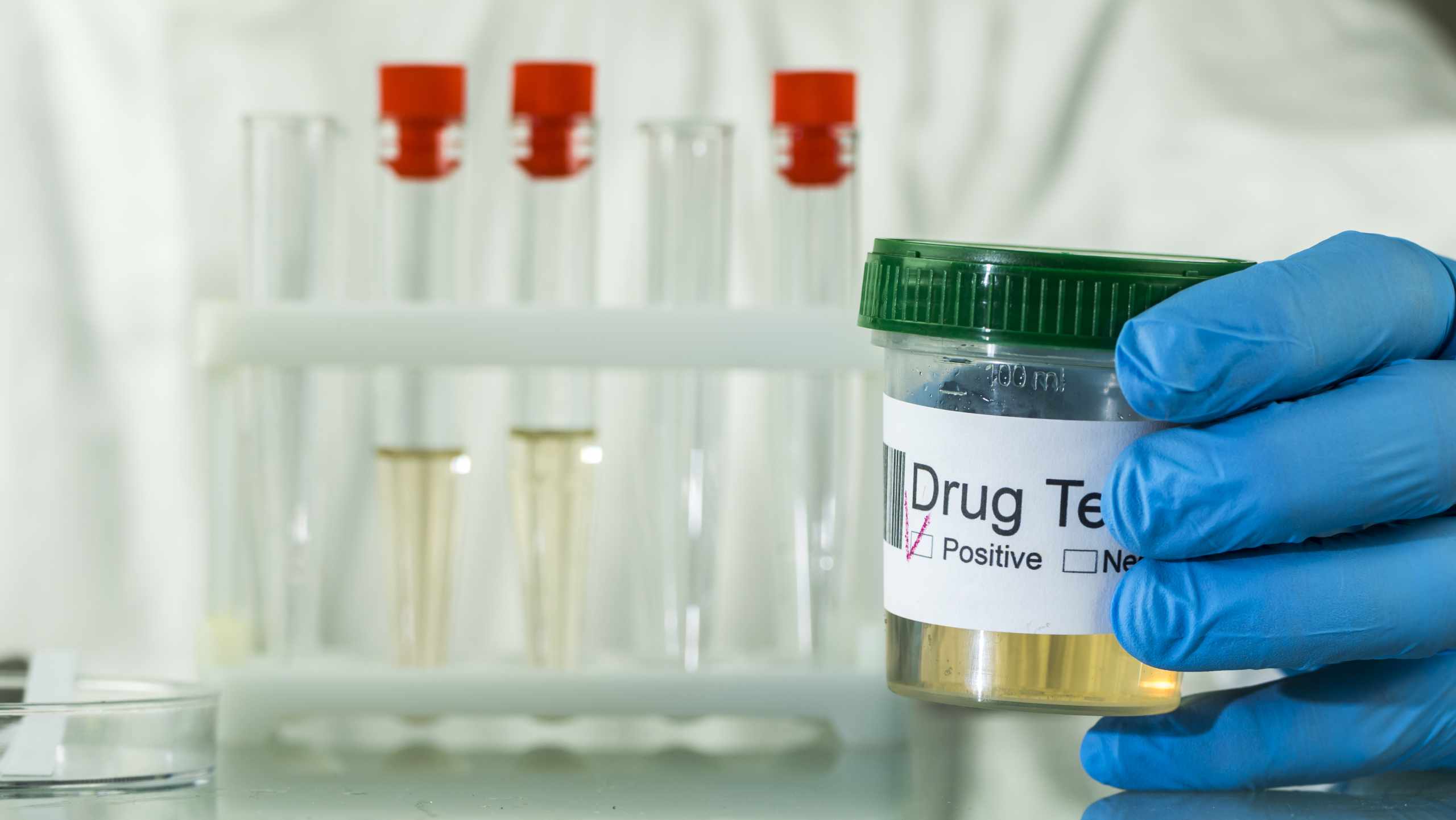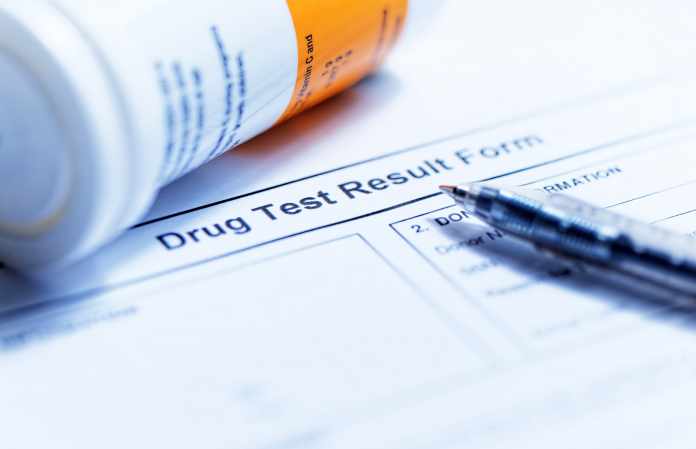Drugs are chemicals or plant products that influence the body and psyche. These include legal drugs, such as alcohol, cigarettes, over-the-counter medicines, herbal supplements, and even illicit narcotics. When properly administered, prescription and over-the-counter medications address medical problems and enhance the health of a person. Let’s see situations you need to undergo drug screening.
Nevertheless, problematic use of drugs, however, may lead to health concerns, including drug dependence. A drug test is used to detect the urine, blood, saliva, hair, or sweat of one or more illicit or prescribed substances.
The most commonly tested substances include:
- heroin
- marijuana opioids
- morphine
- codeine
- amphetamine
- oxycodone
- fentanyl
Therefore, drug screening may imply many things. Various drug tests provide usefulness in a variety of ways and different situations, such as the following:
1. For Employment Purposes
The misuse of drug substances at work always has an economic effect on the employer. The company and the business are affected by incrementally increasing operational expenses and incidence rates.
Many organizations and businesses have been doing drug testing for years. Employers sometimes need you to pass a drug test that may demand and carry out such examinations according to state legislation. However, one misunderstanding about drug testing is that companies do it because of a lack of confidence in employees. Drug testing isn’t only for the security of the business but also for workers.
Two kinds of drug tests are available: pre-employment and random drug testing. Pre-employment drug screenings are performed to verify whether prospective workers are using drugs. It helps businesses evaluate prospective new employees before they enter the workforce for drug addiction problems.
On the other hand, many companies are subject to stringent drug-free regulations that prohibit those who use drugs in workplaces. This kind of drug test aims to verify that existing workers comply with the drug-free standards of the workplace.
Abstaining from substances is the best way to avoid getting in trouble with your employer. Nonetheless, you can also go for natural detoxes to flush the chemicals out of your system safely.
2. Sporting Events
Drug testing has become an essential component at all levels of organized sports events. Most professional sports, like the Olympics and other major amateur sporting competitions, also have test programs. Also, colleges and universities now usually test members of all their inter-collegiate sports teams on drugs.
Athletes are supposed to perform best on the floor. Some sportsmen use drugs to increase their strength to satisfy the expectations of their team, coaching staff and spectators. That’s why drug screenings are conducted to prevent athletes from taking medicines that may impair their health or give them an unfair advantage.
3. Legal Or Forensic
Drug testing may be conducted as part of an inquiry or court case to prove a crime, accidents, child abuse, or threats. Also, forensic drug screening aims to identify whether the supplied sample includes an illicit substance. Based on the analytical findings, law enforcement may prosecute, and the court can decide on proper sentences.
4. Medical Procedure
Suppose a doctor suspects that a patient has been abusing illicit drugs or misusing prescription medications. In that case, they may order a urine drug test. For instance, a doctor may order a urine test to assess if a patient abuses the opioids given to manage their chronic pain.
In another case, patients waiting for an organ transplant, for example, may undergo a drug test and become disqualified if positive. Doctors may also request a drug test for severely sick patients with a possible overdose.
Lastly, a member of the emergency services may also request a urine drug test if they believe a person is acting oddly or dangerously while under the influence of drugs.
5. Rehabilitation Programs
Rehab includes intensive treatment to change drug-seeking habits, instill more effective coping strategies, and teach critical relapse prevention skills. As part of continuing treatment, different forms of aftercare offer long-term support and possibilities for relapse prevention. Many patients continue with frequent therapy sessions after treatment, and others consent to routine drug testing to preserve their sobriety.

How Does Drug Screening work?
Although urine is the most often utilized test sample for drug testing, additional test samples, such as blood, sweat, hair, saliva, and feces may also be requested. Different institutions have varying degrees of standard for clinical drug and alcohol testing, monitoring, diagnosis, or follow-up treatment.
Urine drug testing is often chosen due to its low cost, non-invasive nature, and ability to identify a wide variety of substances. Drug testing of hair follicles may be used to detect chronic or long-term drug usage. At the same time, blood testing offers more accurate and trustworthy findings. It provides more precise information regarding drug and alcohol concentrations.
Conclusion
Before you submit to a drug test, you should be informed of the purpose of the drug test, the reason for the test, and how the findings will be utilized. How you prepare for your drug test will vary depending on the amount of time available. If you have any questions or concerns regarding your test, speak with your health care physician or the person or organization that ordered it.



















